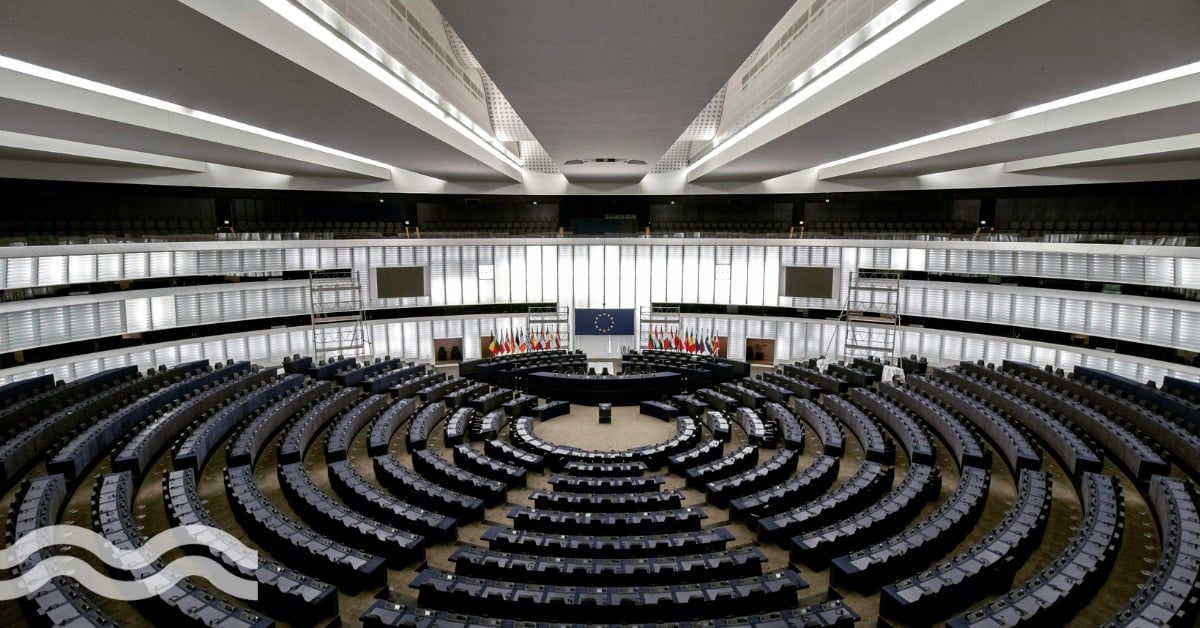5 city-wide circular water strategies flagged by UNESCO
Four European cities and a region are incorporating water and sanitation into wider circular economy initiatives, according to a new report from UNESCO.
Water reuse within a circular economy context
Reusing water has the potential to fill the gap between availability and demand for agricultural, industrial and domestic purposes.
While the benefits are largely recognised and are fundament to help achieve a Circular Economy, it remains mostly unexploited with the uptake continuing to remain low.
Yet, four European cities and a region are being more progressive when it comes to incorporating water and sanitation into wider circular economy initiatives.
That's according to a new 218-page report published by the United Nations Educational, Scientific and Cultural Organization (UNESCO), entitled 'Water reuse within a circular economy context'.
The report highlighted successful examples across Europe that have initiated a new socio-economic paradigm, aiming to foster more efficient use of resources by minimising waste.
This follows an OECD Survey on the Circular Economy in Cities and Regions that showed 66 per cent of the surveyed initiatives identified the water and sanitation sector as key for the circular economy.
From those contributing to the OECD Survey, four cities including Amsterdam, Rotterdam, Barcelona Metropolitan Area and Paris and Flanders as a region have incorporated water and sanitation into their circular economy initiatives.
The cases analysed demonstrated a "mix of technical and governance approaches", according to UNESCO.
1) Dutch circularity drive in Rotterdam and Amsterdam
The city of Amsterdam was credited for combining "water reuse techniques with educational programme and procurement tools".
A country-wide strategy addressing a circular economy in the Netherlands by 2050 called for a revision to the EU fertilisers' regulation to help create fertilisers from wastewater. Furthermore, it also encouraged local plans to disconnect the rainwater collection and install green roofs in new construction.
“Targeting students and citizens, Amsterdam intends to raise awareness on the benefits of water reuse.”
Targeting students and citizens, Amsterdam intends to raise awareness on the benefits of water reuse, as well as creating closed water cycles in buildings to reduce the consumption of drinkable water. Circular procurement is signalled as a critical tool to promote these changes, the UNESCO report said.
Key stakeholders, including utilities and public house associations, are being identified to help with the implementation of closed water systems in buildings.
In Amsterdam, the ‘Building blocks for the new strategy Amsterdam Circular 2020-2025’ identifies the need to close local nutrient cycles from biomass and water flows.
Water reuse would further allow nutrient recovery, including recovering phosphates from sewage, and reduce the use of synthetic fertilisers in the city and its surroundings.
The strategy foresees the use of organic waste and wastewater sludge as fertilisers in local peri-urban and urban farming to close local nutrient cycles, reduce transportation costs and increase the water absorption capacity of the city by expanding green spaces.
Meanwhile, Rotterdam's strategy mainly focuses on applying technical solutions to the health sector.
Water was identified in the city's "Circularity Programme 2019- 2023" as one of the strategic sectors in the circular strategy (alongside construction, green streams such as organic waste, and consumer goods).
The city is working with hospitals to make the health care sector more sustainable by filtering medicine residues from wastewater and using them to generate energy in the form of biogas through anaerobic digestion.
Two hospitals in the city, including the Franciscus Gasthuis general hospital and the Erasmus University Medical Center are already actively engaged in this process.
2) Green and Circular plans in Barcelona
UNESCO said the Barcelona Metropolitan Area promotes the creation of the water cluster with "different stakeholders and adopts an intersectoral approach, in relation to the interplay of the water sector with others, such as food and design".
The Spanish government views wastewater reuse as a valuable tool to reduce the pressure for water availability in the country.
“The Spanish government views wastewater reuse as a valuable tool to reduce the pressure for water availability in the country.”
As a result, the "España Circular, 2030" strategy document details water reuse as one of the main lines of action for the circular economy to 2030. This also includes production, consumption, waste management and secondary raw materials.
Four main water reuse-related actions are planned in the Spanish strategy:
- Update of the regulatory frameworks on wastewater and sewage sludge reuse to guarantee that all sludge is treated in an appropriate and safe way
- Support irrigation projects including wastewater reuse
- Include water reuse actions in River Basin Management Plans
- Promote research to establish the minimum quality criteria required for water reuse.
Furthermore, the Barcelona Metropolitan Area in its ‘Green and Circular Economy Promotion Programme’, incorporates the water sector as key for the circular economy, along with solar energy, energy efficiency, recycling and food.
The programme provides funding for R&D and the development of pilot projects to identify innovation opportunities related to water in the food sector.
This ranges from using alternative resources such as rainwater and groundwater, right through to promoting a water saving culture, from cisterns to wells and irrigation channels.
3) Flanders Vision 2050
UNESCO said the Flanders region had created different spaces for stakeholder collaboration with a "strong technical innovation approach".
The Flemish government is taking circularity seriously, and a ‘Vision 2050’ strategy was identified for the Flanders region. As well as water, four further sub-themes were identified, including materials, energy, space and nutrition.
Companies are being supported, as part of a 2017 "Circular Flanders" programme to close water loops and demonstrate projects that could be scaled-up to benefit the local communities.
“IThe Flanders Waterhub has been created to upscale water-related innovative projects as part of an ambition to create a water demonstrator space.”
The Flanders European Waterhub has been created to develop, test and upscale water-related innovative projects as part of an ambition to create a water demonstrator space.
New water technologies can be tested in a real-life setting, for example, filtering and water reuse solutions are being explored to reduce water use in the textile sector.
The Flemish vision follows the line established by the EU Circular Package and the new Circular Economy Action Plan that aims at emphasising the reuse of water and the contribution of the bio-economy to a circular economy.
4) A cradle to cradle approach in Paris
UNESCO referenced the French capital Paris as "putting in place actions combined with technologies to rationalise the use of water".
The city initiated its "cradle to cradle" approach, as part of a 2017-2020 "Circular Economy Plan of Paris". This approach included specific material flows: water, food, phosphate, waste, electricity and heating.
For water-related applications, the strategy related to the energy and waste management material flows, consisting of:
- Providing heating to public buildings from heat recovery from wastewater to sixteen public institutions
- Exploring more sustainable ways of cooling buildings in the city. As of now, the heating system connected to Paris' non-potable water network is extracting energy from water to cool the City Hall building
- Rationalising water use (e.g. meters in green areas) and remotely monitoring public water fountains, to prevent leaks and optimise consumption.
A comprehensive approach is needed
"Water reuse is an opportunity," said Abou Amani, director of UNESCO division of water sciences in the report foreword. "It provides new approaches to meet the increasing urban demand.
“Although there is evidence related to the positive benefits from water reuse, still not enough is being done.”
"Although there is a plethora of evidence related to the positive benefits from water reuse, still not enough is being done."
Amani added: "A comprehensive approach based on scientifically driven solutions, appropriate legislation steps and regulations, as well as institutional setting (governance), is essential to water being reused."
Yang Su Kim, director of the UNESCO International Centre for Water Security and Sustainable Management (i-WSSM), added: "Water reuse is one of the most important practices for water security and can be a solution to meet the lack of availability of water resources."
Kim said that while water reuse has benefits, including improved agricultural production and reduced energy consumption, is it not widely exploited due to a “number of barriers, including the conventional approach of seeking new freshwater sources rather than reusing available water"
Related content
Share your water technology stories with us
Do you have an innovation, research results or an other interesting topic you would like to share with the international water technology industry? The Aquatech website and social media channels are a great platform to showcase your stories!
Please contact our Sr Brand Marketing Manager Annelie Koomen.
Are you an Aquatech exhibitor?
Make sure you add your latest press releases to your Company Profile in the Exhibitor Portal for free exposure.
We promise never to send you spam and you can unsubscribe at any time!
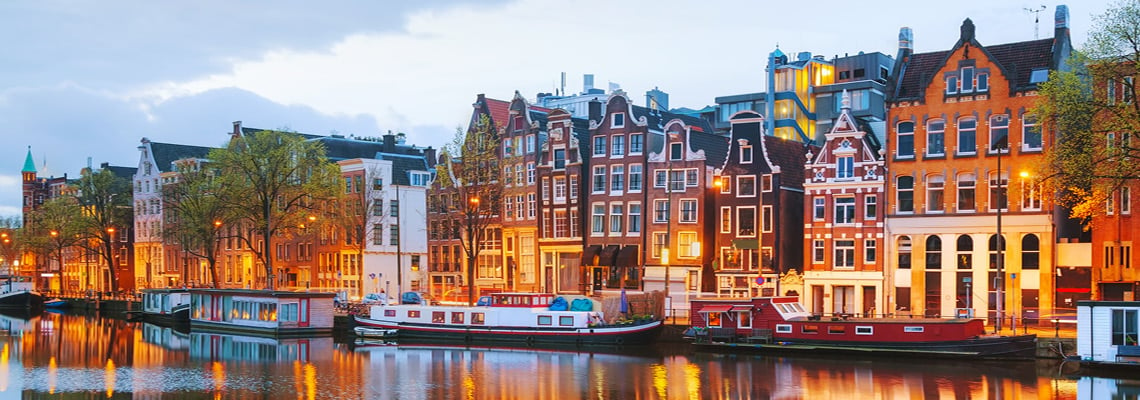
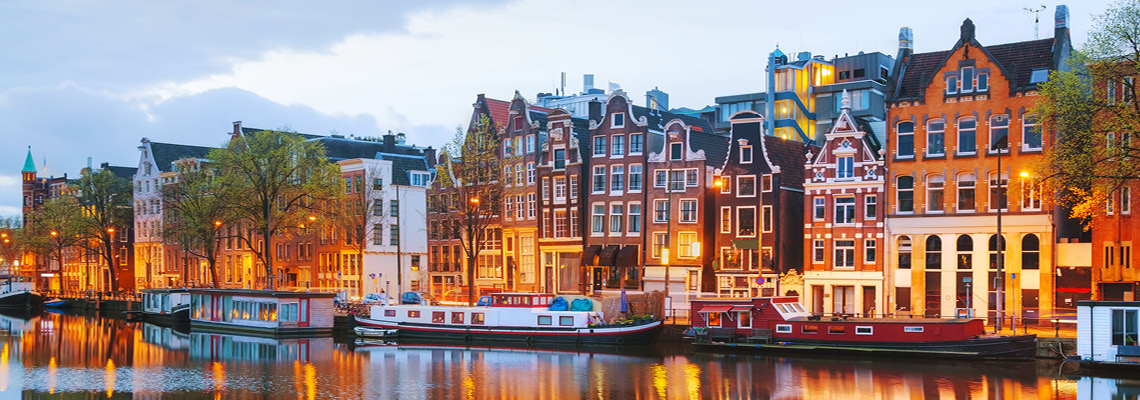
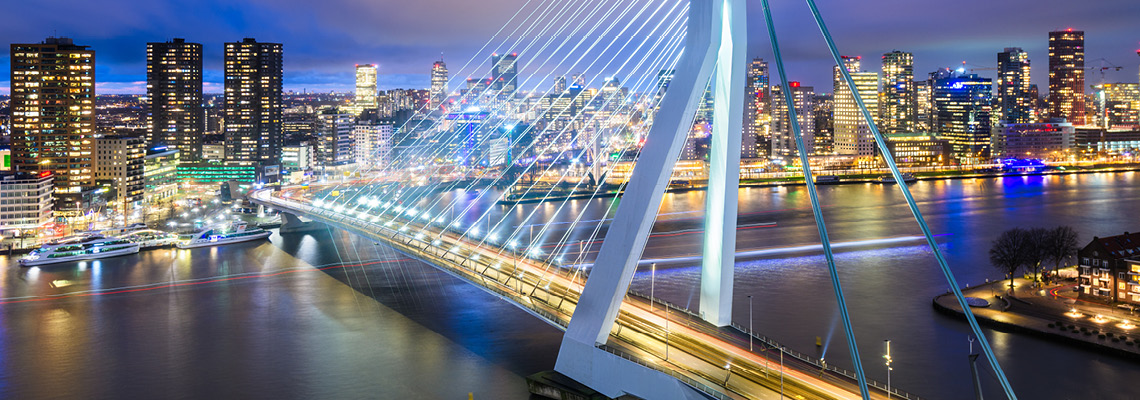
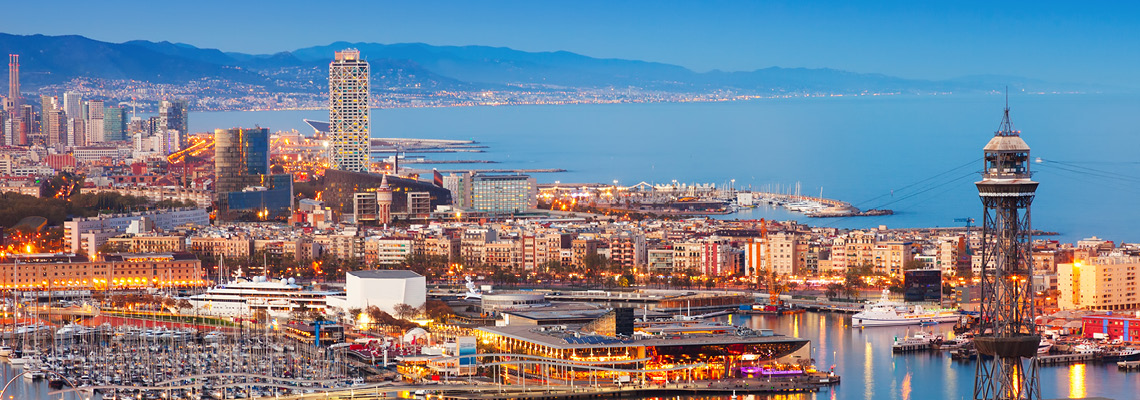
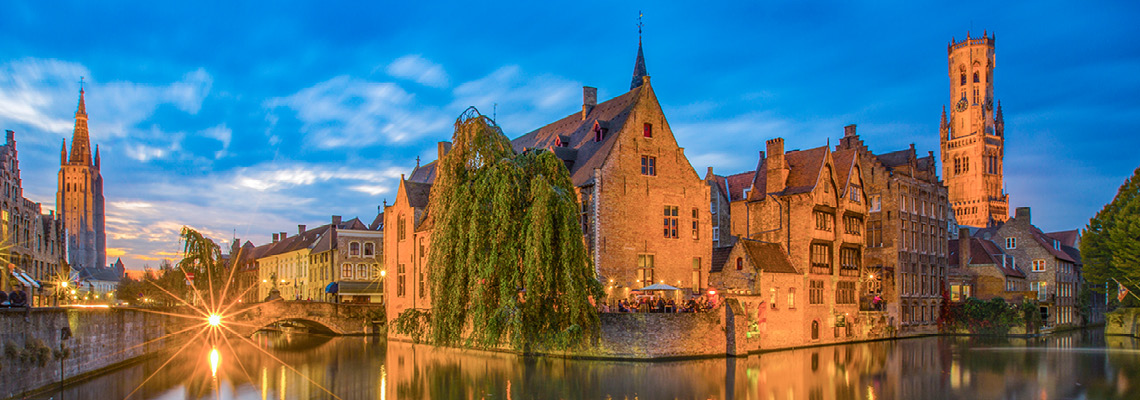
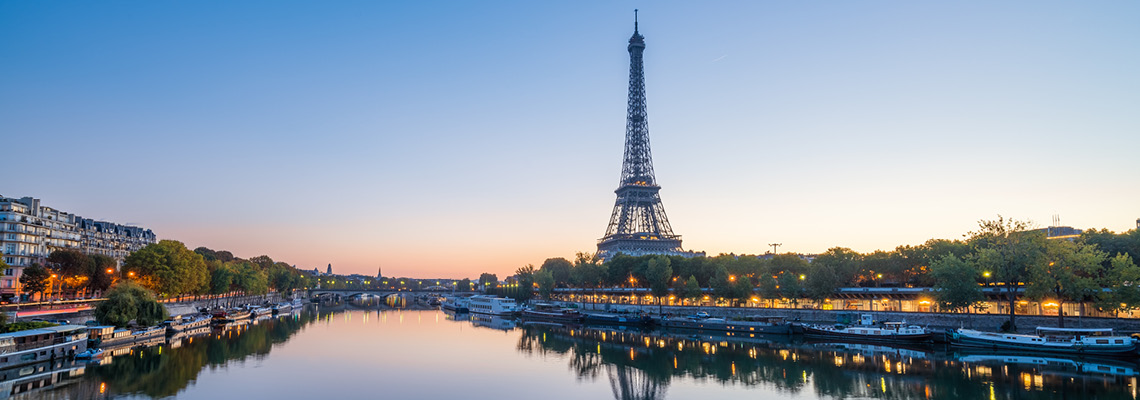
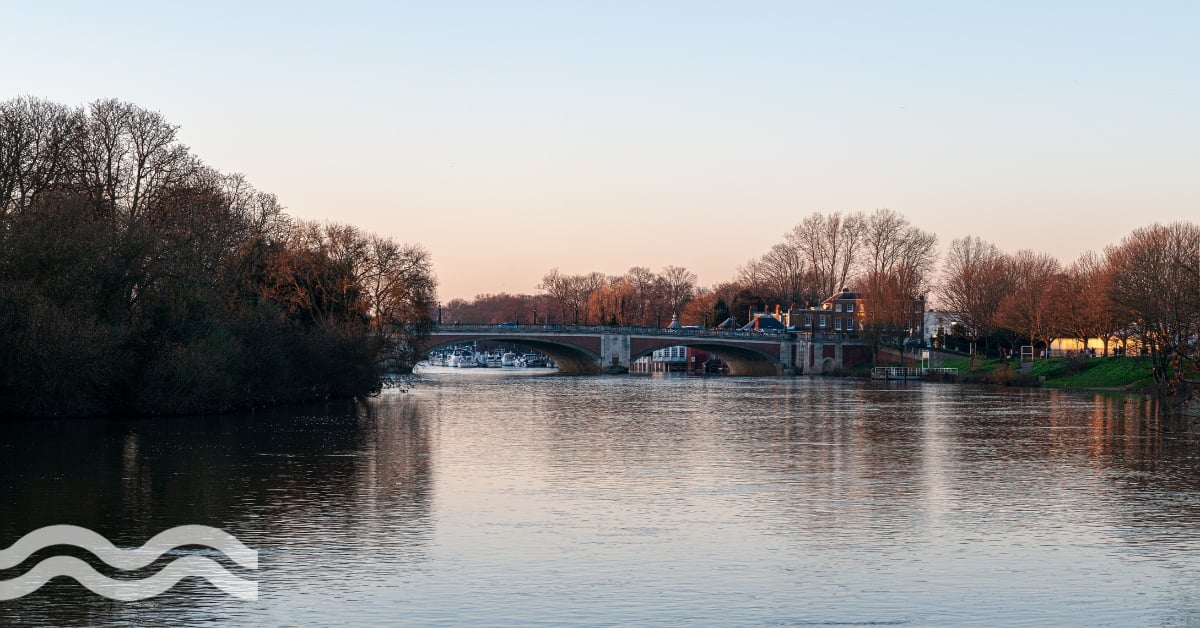
.jpg?h=628&iar=0&w=1200)
